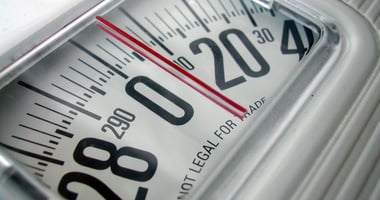Patients With Binge-Eating Disorder, Bulimia May Be More Likely to Smoke Cigarettes
 |
While the association between cigarette smoking and mental illness is well known, the association with eating disorders is less clear. To examine the relationship between smoking and eating disorders, an international team of researchers conducted a meta-analysis of 31 studies comparing the odds of smoking in people with bulimia nervosa, binge-eating disorder, and anorexia versus healthy controls.
The analysis revealed that people with binge eating-disorder and bulimia nervosa, but not those with anorexia nervosa, were significantly more likely to have a lifetime history of smoking than healthy controls. Among the eating disorders examined, the highest prevalence of smokers was observed in those with binge-eating disorder (47.7%), followed by bulimia nervosa at 39.4%. People with bulimia nervosa also had higher proportions of current smokers than healthy controls.
The findings suggest “clinicians should ask people with ED [eating disorders] about their smoking status and provide appropriate counselling and interventions,” the researchers wrote. “Further, high-quality studies are needed to assess the time course of ED and smoking, the impact of smoking on the onset and development of medical complications in eating disorders and, most importantly, the effectiveness of interventions aimed at promoting smoking cessation in people with ED.”
For related information, see the Psychiatric News article “FDA Approves First Drug for Binge-Eating Disorder.”
(Image: iStock.com/Mark Fairey)





